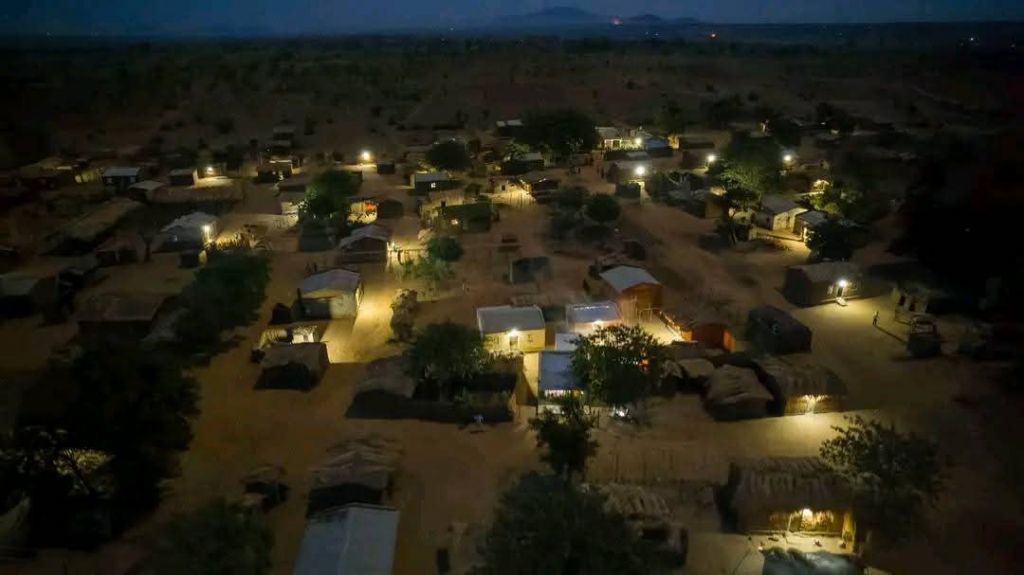
Masali village in Gujarat’s Banaskantha district has made history by becoming the country’s first ‘solar village’ on the border. The village, located 40 km from the Pakistan border, has achieved 100% solar power generation. With a population of 800, Masali is now in the spotlight for its successful solar energy program.
A total of 199 houses in the village have been equipped with solar panels, generating 225.5 kilowatts of electricity-more than the needs of the households. The project, completed at an estimated cost of Rs 1.16 crore, received support from the Revenue Department, UGVCL, Bank, and a Solar Company.
#Gujarat's #Masali village in #Banaskantha district becomes #FirstSolarBorderVillage. Following the efforts of district administration, Masali emerges as a 100% solar-powered village in the country. Masali village with a total population of 800 is situated at a distance of 40 km… pic.twitter.com/g0gWr24snr
— Upendrra Rai (@UpendrraRai) December 19, 2024
Somewhere in Dowa, Madisi. Solar Powered Villages in Madisi. Just Love The View. Courtesy of Opulence Malawi pic.twitter.com/JJwkRmsNG8
— Katswiri (@Katswiri123) December 14, 2024
Who funded this initiative?
The initiative was funded through multiple sources, including a subsidy of Rs 59.81 lakh under the PM Surya Ghar Muft Bijli Yojana, a public contribution of Rs 20.52 lakh, and Rs 35.67 lakh from CSR funds as reported by IANS. Speaking about the achievement, Banaskantha District Collector Mihir Patel said, “It is a matter of pride and joy that Masali has earned the title of the second solar village in the state after Modhera and the first on the border.”
The PM Surya Ghar Muft Bijli Yojana, under which the project was subsidized, is the world’s largest domestic rooftop solar initiative. It aims to power over one crore households with solar energy by March 2027, transforming India’s energy landscape.
In a significant milestone for the PM Surya Ghar Scheme, Masali village in Gujarat's Banaskantha district has become India's first 'solar village' on the border. pic.twitter.com/EKzfKH6NsK
— Harsh Sanghavi (@sanghaviharsh) December 19, 2024
In Gujarat, Masali village in Banaskantha district has become country’s first solar border village. Masali village, with a total population of 800, is located 40 kilometers from the Pakistan border. pic.twitter.com/b5BjU78VAd
— The Gorilla (@iGorilla19) December 19, 2024
Sarpanch Maganiram Rawal and village heads of Masali Gram Panchayat expressed their happiness over the success of the project. “The problem of electricity in the village has been eliminated due to solar energy,” they said.
A committee, chaired by DC Mihir Patel, was formed to ensure 24-hour electricity supply in villages near the border. This initiative aims to transform 17 villages in Banaskantha district—11 from Saradhi Vav Taluka and 6 from Suigam Taluka—into solar-powered centers.
The village’s solar success has brought pride to the district and inspired further efforts to promote renewable energy solutions in rural areas.